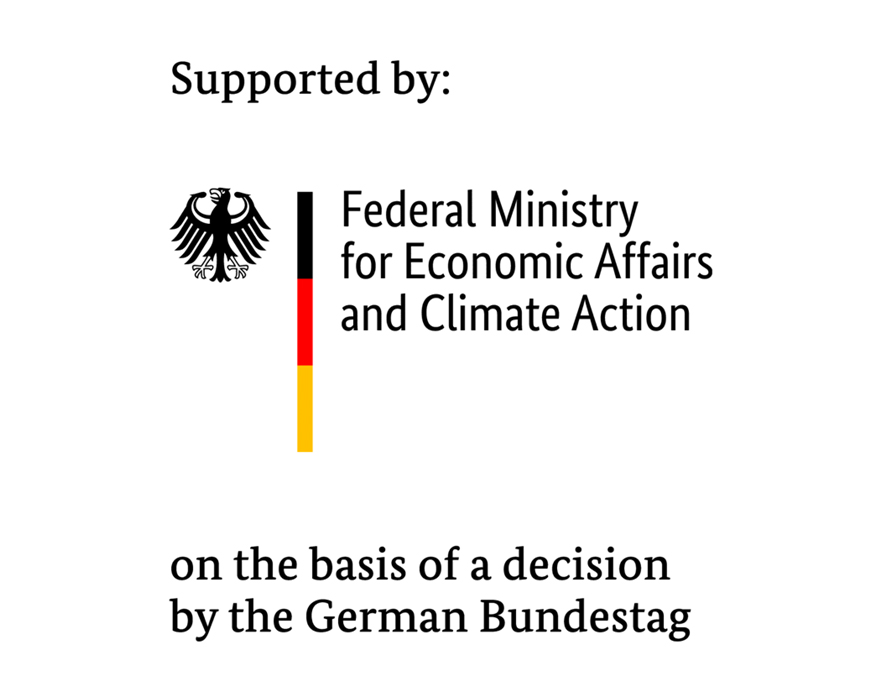| Funding: | Federal Ministry for Economic Affairs and Climate Action (BMWK) |
| Partner: | Bender, EnergieKontor, ForWind, Fraunhofer IWES, Infineon, RWE Renewables GmbH, Leibniz- Universität Hannover, Nordsee One, Universität Bremen, ConverterTec Deutschland GmbH, Senvion |
| Duration: | 12/2018-11/2022 |
Power converters are among the most frequently failing components of wind turbines and are thus associated with high costs and long downtimes. A better understanding of the causes of their failure is vital in the race to develop effective protective measures and thus improve the profitability of turbine operation.
As part of the ReCoWind project, these questions have been systematically assessed. The main focus was on the power-semiconductor modules, their driver units as well as the DC-link components representing the core components of the converters. In view of results of previous investigations (download here), particular attention has been paid to the influence of moisture. The information base has been expanded using special measuring techniques which were developed specifically by the partners and tested on commercial components under realistic conditions.
On the basis of experimental investigations, damage models and models for calculation of the remaining service life have been developed. At the same time, comprehensive failure and operating data have been evaluated and field measurements have been carried out, e.g. in the wind farm Nordsee One with its 54 6 MW turbines. The findings have been used to derive recommendations with respect to design, instrumentation, testing as well as operations and maintenance.
The final project report (in German) including a list of all publications evolved from the project is available here: https://publica.fraunhofer.de/bitstreams/149c63bd-2fc7-47e4-bc72-72cff352c7b7/download
Today, research on improving reliability and monitoring of power converters in wind turbines is continued in our project ReCoWind2.
